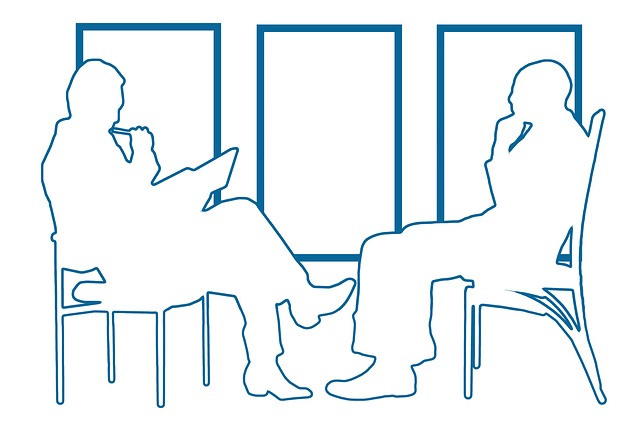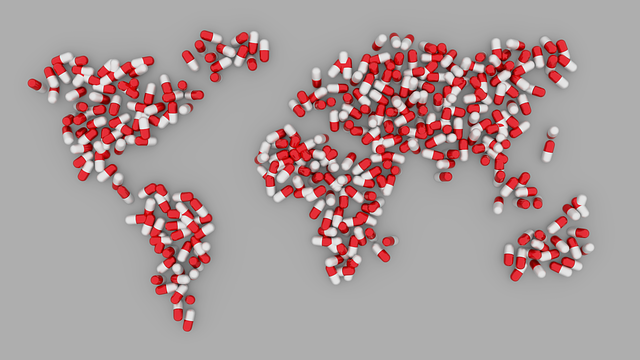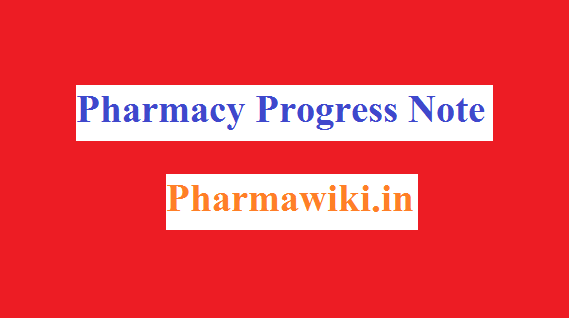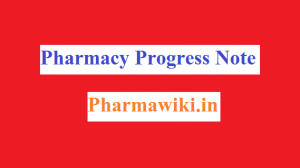D Pharmacy Colleges In Andhra Pradesh
Andhra Pradesh (AP) is India’s fourth largest state by geographic area of 275,045 km2 and fifth largest by the population as per record. Hyderabad is the capital and largest city of the state with a robust economy. One of India’s primary destinations for investment in industry and human capital is nothing but Hyderabad. Due to the establishment of the large IT cluster in AP, there are some major investments in infrastructures of educational institutes. The state gets benefits from a highly educated workforce belonging to the science, commerce and technological backgrounds. AP has numerous educational institutions, including over 1,300 arts, science, and commerce colleges. Over 1,000 MBA and MCA schools, 226 engineering colleges, 53 medical schools, and one Indian Institute of Technology (in Hyderabad) exist there with prestige. Also, a large number of institutes prevailing in AP is focused on life sciences and pharmacy courses.
Every year 35,000 skilled graduates, including 81,000 engineers and 10,000 management professionals emerge from AP. Overall the state contributes to 23% of all of India’s technology professionals. Additionally, the renowned institutes like the Indian Institute of Chemical Technology and the Centre for Cellular and Molecular Biology; dedicatedly working in the field life sciences has a huge impact towards the pharmaceutical industry of the state and of the country. To strengthen the pharmaceutical industry the Healthcare institutions have also been supportive.
Here we will check out some such approved colleges that provide D. Pharmacy course in AP.
D Pharmacy Colleges In Andhra Pradesh Telangana
Aurobindo College of Pharmacy, Gangadevipally, Machapur, Geesugonda, Warangal-506 331
Adarsa College of Pharmacy, G.Kothapalli, East Godavari-533 285.
Annamacharya College of Pharmacy, New Boinpally, Rajampet, Kadapa (D.T.) – 516126.
Balaji Institute of Pharmacy. Laknepalli, Narsampet, Warangal-506 331.
Bapatla College of Pharmacy, Bapatla, Guntur-522 101.
Bojjam Narsimhulu College of Pharmacy for Women, Vinaynagar, 17-1-383, Saidabad, Hyderabad -500 059.

Care College of Pharmacy, Oglapur, Atmakur, Warangal-506 006.
of Ph.Sciences, P.G courses “Maharajah College”, Phoolbagh, Vizianagaram.
Samuel George Institute of Ph.Sciences, Markapur, Prakasam(D.T.)
Pulla Reddy College of Pharmacy, Mehdipatnam, Hyderabad-500 028.
Government Polytechnic for Women, K M C(P.O), Warangal-506 007.
Government Polytechnic for Women, Srikakulam-522 005
Government Polytechnic for women, Guntur-522 006
Government Polytechnic for Women, Hindupur-515 202
Government Polytechnic for Women, Kadapa – 516002.
Government Polytechnic for Women, Kakinada-533 003
Government Polytechnic for Women, Nizamabad-503 001.
Government Polytechnic, Masabtank, Hyderabad-500 028
Government Polytechnic, Visakhapatnam.
D Pharmacy Colleges In Telangana
Gokaraju Rangaraju College of Pharmacy, Bachupally, Miyapur, Hyderabad-500 050
Hindu College of Pharmacy, Amaravathi Road, Guntur-522002.
J.College of Ph.Sciences, Maheswaram, Rangareddy-501 359.
Janagaon Inst of Ph.Sciences, Yeshwanthpur, Janagaon, Warangal
K L R Pharmacy College, Paloncha, Khammam (D.T.)-507115.
Chandrakala & Beelamkonda Venkateswarlu College of Pharmacy, Burripalem Road, Nelapadu, Tenali-522 201.
D.R Government Polytechnic, Wanaparthy, Mahabubnagar-509103.
Kamala Jaya Rao College of Pharmacy, Burugupudi, Korukonda, Rajahmundry -533 292.
Kamala Nehru Polytechnic for Women, Exhibition Grounds, M j j Road, Nampally, Hyderabad-500 001.
Koringa College of Pharmacy, Korangi, Tallarevu, East Godavari -533 461.
Harwards College of Pharmacy, K.Perumallapuram, East Godavari
Maharajah’s College of Pharmacy, Phoolbagh, Vizianagaram-534 002.
Malineni Lakshmaiah College of Pharmacy, Kanumalla, Singarayakonda, Prakasam-523 101.
Nalanda College of Pharmacy, P.O. Charlapally, Hyd.Road, Nalgonda-508 001.
Nirmala Coll of Pharmacy, Atmakur, Mangalagiri, Guntur -522 503
Nirmala College of Pharmacy, 3/166-A, Madras Road, Puttlampalli, Buddayapalli, Kadapa-516 002.
Noble College of Pharmacy, Tooran, Medak(D.T.)
Pragathi Pharmacy College, Pembarthy, Janagoan, Warangal-506 167.
Pratishta Institute of Ph.Sciences, Durajpally, Chivemla, Suryapet, Nalgonda-508 214.
K.L.K. D.Pharmacy College, Suryapet, Nalgonda-508 213.
Krishnaveni Exhibition Society’s Polytechnic for Women, P.W.D Grounds, Vijayawada,Krishna ( D.T.) – 520 002
D Pharmacy Colleges In Andhra Pradesh
Rao’s College of Pharmacy, Chemudugunta, Venkatachalam, Nellore-NH-524 320
R.R.College Ph.Sciences, Valbhapur, Elkathurthy, Karimnagar -505 476.
V.Government Polytechnic, K T Road, Tirupathi -517 502.
Sarada College of Ph.Sciences, Kondakavuru, Narsaraopet, Guntur-522 602.
Sasikanth Reddy College of Pharmacy, Northrajupalem, Kodavalur, Nellore.
Seshachala Para Medical Sciences, Kanakapalem, Tirupathi-Chennai Highway Road, Puttur-517 583.
Smt Sarojini Ramulamma College of Pharmacy, Seshadrinagar, Mahabubnagar-509 001
Sri G.Pulla Reddy Government Polytechnic, B.Thandrapadu Village, Kurnool-518 002.
Sri Padmavathi School of Pharmacy, Mohan Gardens, Behind R.K.Kalyana Mandapam, Vaishanavinagar, Tiruchanoor -517 503.
Raghavendra Institute of Ph.Education & Research, Saigram, Krishnareddypallicross, Chiyyedu, Anantapur-515 721.
Sri Sai Aditya Institute of Pharmacy, Aditya Nagar, Abid Road, Surampalem, East Godavari -533 437.
Sri Vaddamani Chidanandam Memorial Polytechnic, Badvel, Kadapa (D.T.)-516227.
Sri Venkateswara College of Pharmacy, 86 Madhapur, Hi-Tech City Road, Hyderabad-500 081
Sri Venkateswara College of Pharmacy, By the side of Iron Yard, Alkinson School Road, Gollapudi, Vijayawada Rural-521 225.
Sri Venkateswara College of Pharmacy, Etcherla, Srikakulam-532 402.
Sri Vigneswara College of Pharmacy, Etcherla, Srikakulam – 532402.
Srinivasa Pharmaceutcal Institute and Centre for Research, Burgupally, Vikarabad, Rangareddy (D.T.)-501 101.
D Pharmacy Colleges In A.P – D Pharm
Stephen College of Pharmacy, Bheemili, Visakhapatnam-531162.
Vaagdevi College of Pharmacy, H.No.2-2-457/3, Ramnagar, Hanmakonda, Warangal-509 001.
Sri Padmavathi Women’s Polytechnic, T.T.D’s, Tirupathi – 517502.
Vagdevi Coll of Ph & Research Centre, Brahmadevam Village, Muttukur, Nellore-524 346
D Pharmacy Colleges In Guntur Andhra Pradesh
Vagdevi College of Pharmacy, Gangavaram, Gurazala, Guntur-522 415.
Vikas College of Pharmacy , Purela Road, Vissannapeta, Krishna – 521 215
Vikas Pharmacy College, Behind R.T.C Bus Depo, Bhavaninagar,Kodad, Nalgonda-508 206.
Visaka Institute of D.Pharmacy, Visakhapatnam
Viswa Bharathi College of Ph.Sciences, Perecherla Jn, N.R.T Road, Medikonduru, Guntur-522 009
Viswambhara Ed.Society, Vaagdevi College of Pharmacy, 2-2-457/3, Ramnagar, Hanmakonda, Warangal-506 001.
D Pharmacy Colleges In Vishakapatnam Andhra Pradesh
Yalamarty Pharmacy College, Tarluwada, Anandapuram, Visakhapatnam-531 163.
Vaageswari College of Pharmacy, Beside L.M.D Police Station, Ramakrishna Colony, Karimnagar-505 481.
Present Scenario:
The major hospital chains of AP include Apollo, Care, Global, Yashodha, Kamineni, Indo-American Cancer Institute, LV Prasad Eye Institute, and the Nizams Institute of Medical Sciences. These hospital chains are not only customers for the pharmaceutical industry but also assist with clinical research for new medications. It is certainly the time to capitalise the available resources to transform the State into a booming economic zone.
According to the Andhra Pradesh Economic Development Board (APEDB) GITAM Biotech Centre of Excellence, AP comprises rich resources and there is a need to develop the expertise to meet the growing demand in biotechnology. In a conference held by APEDB, its Vice-Chairman Lanka Srinivas said that 50% of the research in pharmacy is based on biotechnology and that the country will play a key role in the field in the coming years. Hope you liked this D Pharmacy Colleges In Andhra Pradesh Telangana A.P – D Pharm Educational Institutes article.




 Pharmacy Faculty Jobs in Hyderabad
Pharmacy Faculty Jobs in Hyderabad 














